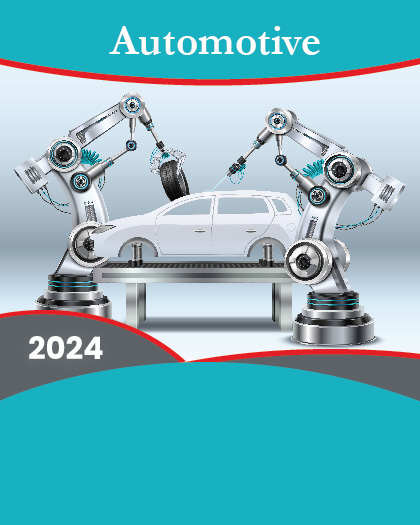

Robo-taxis or self-driving taxis are a form of autonomous vehicles thatoperatethrough an on-demand mobility service. They are the self-driving vehicles that do not require any human involvement for the operation of the vehicle. This involves a better and efficient system for the propulsion of vehicle. The increasing trend of autonomous vehicles across the globe has supplemented the growth of robo-taxi thereby fueling the robo-taxi market during the forecast period. Also with the introduction of robo-taxis, the human involvement to drive the vehicle will be reduced to a much larger extent as well as increasing the passenger capacity,which boosts the robo-taxi market. Various government have made investments for the development and introduction of robo- taxi in their region, which supplements the growth of the market. Also various companies such as WAYMO, Tesla, General Motors, and others, have carried out various developments and innovations related to robo-taxi, which boosts the growth of the robo-taxi market during the forecast period. The factors such as demand for fuel-efficient and emission-free vehicles and need for better road safety and traffic control are driving the growth of the market. However, high R&D cost for implementation and cybersecurity threats is expected to hamper the growth of the robo-taxi market. Further, government regulations and development of smart cities are expected to create numerous opportunities for the expansion of the market. Robo-taxisare anticipated to witness significant growth over the years, owing to demand for fuel-efficient and emission-free vehicles and need for better road safety and traffic control.Also various government regulations and development of smart cities supplements the growth of the market during the forecast period. The global robo-taxi market is segmented based on application, component used, propulsion, level of automation and region. Based on application, the robo-taxi market is categorized into goods transportation and passenger transportation. Based on the component used, the robo-taxi market report has been categorized into camera, RADAR, LiDAR and ultrasonic sensor. Based on the propulsion system, the robo-taxi market report has been categorized into electric, fuel cell and hybrid propulsion system. Level 4 (L4) and level 5 (L5) are the level of automations that have been categorized in the robo-taxi market report. Based on the region, the robo-taxi market report has been categorized into North America, Europe, Asia-Pacific and LAMEA. The key players analyzed in the robo-taxi market include Waymo LLC (subsidiary of Alphabet Inc.), Cruise LLC (subsidiary of General Motor Company), Tesla, Nissan Motor Corporation, Lyft, Inc., Uber Technologies, Daimler AG, Ford Motor Company, Volkswagen AG and Volvo Group. KEY BENEFITS FOR STAKEHOLDERS - This study presents the analytical depiction of the global robo-taximarket along with the current trends and future estimations to depict the imminent investment pockets. - The overall market potential is determined to understand the profitable trends to enable stakeholders gain a stronger foothold in the market. - The report presents information related to key drivers, restraints, and opportunities with a detailed impact analysis. - The current market is quantitatively analyzed from 2023 to 2030 to highlight the financial competency of the market. - Porter's five forces analysis illustrates the potency of the buyers and suppliers. KEY MARKET SEGMENTS By Application o Goods Transportation o Passenger Transportation By Component o Camera o RADAR o LiDAR o Ultrasonic Sensor o Others By Propulsion o Electric Vehicles o Fuel Cell Vehicles o Hybrid Vehicles By Level of Automation o Level 4 (L4) o Level 5 (L5) By Region o North America ? U.S. ? Canada ? Mexico o Europe ? Germany ? France ? UK ? Italy ? Rest of Europe o Asia-Pacific ? China ? Japan ? Australia ? South Korea ? Rest of Asia-Pacific o LAMEA ? Latin America ? Middle East ? Africa






















